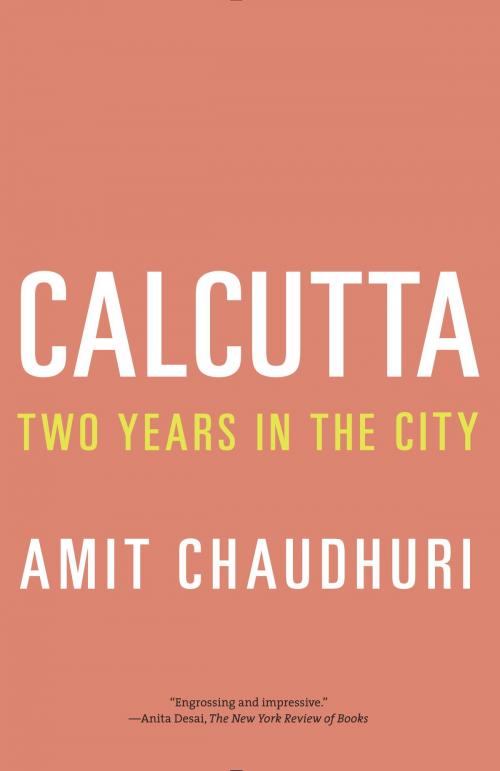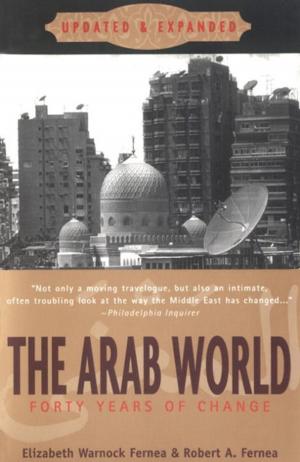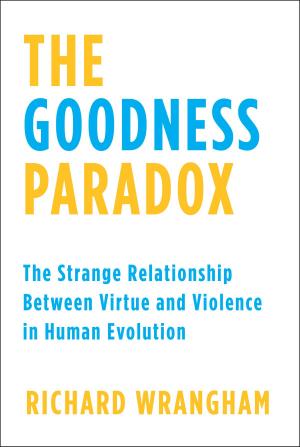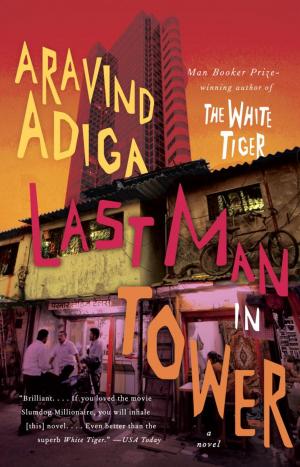Calcutta
Two Years in the City
Nonfiction, History, Asian, India, Social & Cultural Studies, Political Science, Biography & Memoir| Author: | Amit Chaudhuri | ISBN: | 9780307962171 |
| Publisher: | Knopf Doubleday Publishing Group | Publication: | September 10, 2013 |
| Imprint: | Vintage | Language: | English |
| Author: | Amit Chaudhuri |
| ISBN: | 9780307962171 |
| Publisher: | Knopf Doubleday Publishing Group |
| Publication: | September 10, 2013 |
| Imprint: | Vintage |
| Language: | English |
The award-winning author Amit Chaudhuri has been widely praised for the beauty and subtle power of his writing and for the ways in which he makes “place” as complex a character as his men and women. Now he brings these gifts to a spellbinding amalgam of memoir, reportage, and history in this intimate, luminous portrait of Calcutta.
Chaudhuri guides us through the city where he was born, the home he loved as a child, the setting of his acclaimed novels—a place he now finds captivating for all the ways it has, and, perhaps more powerfully, has not, changed. He shows us a city relatively untouched by the currents of globalization but possessed of a “self-renewing way of seeing, of inhabiting space, of apprehending life.” He takes us along vibrant avenues and derelict alleyways; introduces us to intellectuals, Marxists, members of the declining haute bourgeoisie, street vendors, domestic workers; brings to life the city’s sounds and smells, its architecture, its traditional shops and restaurants, new malls and hotels. And, using the historic elections of 2011 as a fulcrum, Chaudhuri looks back to the nineteenth century, when the city burst with a new vitality, and toward the politics of the present, finding a city “still not recovered from history” yet possessed of a singular modernity.
Chaudhuri observes and writes about Calcutta with rare candor and clarity, making graspable the complex, ultimately ineluctable reasons for his passionate attachment to the place and its people.
The award-winning author Amit Chaudhuri has been widely praised for the beauty and subtle power of his writing and for the ways in which he makes “place” as complex a character as his men and women. Now he brings these gifts to a spellbinding amalgam of memoir, reportage, and history in this intimate, luminous portrait of Calcutta.
Chaudhuri guides us through the city where he was born, the home he loved as a child, the setting of his acclaimed novels—a place he now finds captivating for all the ways it has, and, perhaps more powerfully, has not, changed. He shows us a city relatively untouched by the currents of globalization but possessed of a “self-renewing way of seeing, of inhabiting space, of apprehending life.” He takes us along vibrant avenues and derelict alleyways; introduces us to intellectuals, Marxists, members of the declining haute bourgeoisie, street vendors, domestic workers; brings to life the city’s sounds and smells, its architecture, its traditional shops and restaurants, new malls and hotels. And, using the historic elections of 2011 as a fulcrum, Chaudhuri looks back to the nineteenth century, when the city burst with a new vitality, and toward the politics of the present, finding a city “still not recovered from history” yet possessed of a singular modernity.
Chaudhuri observes and writes about Calcutta with rare candor and clarity, making graspable the complex, ultimately ineluctable reasons for his passionate attachment to the place and its people.















